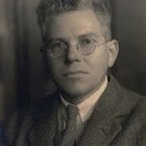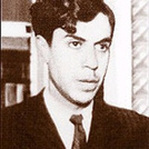|
The third and final instalment of my Versailles concert extravaganza came in the form of the marvellous Giulio Cesare (Jules César). Cesare is probably Handel's best known opera. He had, at his disposal, an awesome array of singers, including the star castrato Senesino, sopranos Francesca Cuzzoni and Margherita Durastanti, contralto Anastasia Robinson (who had once been a soprano before an illness caused her voice to drop significantly), and the castrato Gaetano Berenstadt, who made a habit of playing villains. The calibre of the performers was mirrored in the excellence of the composition, with some of the most demanding writing, both technically and emotionally, of all Handel's operas. The title role at Versailles was taken by the formidable contralto Sonia Prina. Her potent delivery of the rage aria "Empio, dirò, tu sei" at the beginning of the opera showed us exactly what to expect from her performance that evening: excellence! Taken at breakneck speed, Prina's control was astounding: the runs were note perfect, and the lower passaggio was negotiated with security. If any proof of her contralto credentials were required, her G3 at the end of the B section, and her cavernous F3 at the end of the aria were proofs enough. "Va tacito e nascosto" had Prina in her element: her dark tone adding the gravitas to the aria it requires. The military tenor of the aria was a perfect vehicle for Prina's strong dynamic style. All credit to the horn player, Ermes Pecchinini, for getting through the hellish horn part. For me, the most spectacular aria of the whole performance was “Al lampo dell’armi,” which Prina sang at an unbelievable speed, and performed the coloratura with pin-point precision. As with most of her arias, Prina made some wonderful dives deep into the chest register, to G3 or below. It is wonderful to hear ornamentation which celebrates the strengths of the contralto voice. "Quel torrente" was pure joy to listen to, with Prina at her most imperial. The lines were faultless, and her presence on stage during the aria was all Caesar! One extra point to mention was the beautiful duet with Cleopatra (Maria Grazia Schiavo), "Caro, più amabile beltà." When Schiavo ornamented high into the head register, Prina responded with beautiful descending phases into the lower contralto zone. A fantastic performance, and one which will stay in my mind as the performance to live up to. I can't wait to see her at the Wigmore Hall in November. Maria Grazia Schiavo's Cleopatra was a joy to listen to: finally we have someone who combines the youthful flirtations of Cleopatra the woman, with the machinations and strategic opportunism of the Cleopatra the stateswoman. Her characterisation was alive, vibrant and powerful, and the interplay with Prina was great to watch: the two of them very much ‘in character’ throughout the performance. The interpolated high note at the end of her first aria, “Priva son d’ogni conforto,” was stunning, and gave us an indication of what was to come. Her tone was a sparkly, yet full-bodied and luscious soprano, which was impressive in both the slower and the faster arias allocated to the Egyptian Queen. Schiavo's “V’adoro pupille” was a masterclass in seduction from the moment she sauntered, tantalisingly to her stand. Her tender phrasing, generous sound, and refined movements were utterly captivating. Noelia Reverte's romantic playing on her beautiful, dark red viola da gamba added to the already bewitching atmosphere of the piece. By contrast, the dark “Se pietà di me non senti” was handled with such pathos that many of the audience who spoke to me after the concert mentioned how sublimely it had been performed. The opening lines of "Piangerò la sorte mia" were indefinably beautiful, and were contrasted by the vigorous singing and playing in the B section. In her final aria, “Da tempeste il legno infranto,” Schiavo erupted into joyous coloratura and ebullient ornamentation. She gave it her all, and won a huge round of applause in the process. Originally written for the soprano Margherita Durastanti, the role of Sesto in this production was taken by sopranist Paolo Lopez. What a voice! Lopez has a fantastic beauty of tone at the upper extremity of the range, which has a more "soprano" sound than that of most counter-tenors I have heard. Lopez's "Cara speme" was utterly beautiful, while "Svegliatevi nel core" was delightful, with real rage coming through. His confidence above the stave was matched with a well integrated modal transition. "L'angue offeso mai riposa" was again performed with intensity and courage, with many exposed G5's negotiated expertly, and Lopez took the nasty 1.5 octave leap to G5 in his stride. I thought, not being very well acquainted with the sopranist fach, that there would be difficulties maintaining continuity of tone across the voice into the "soprano" register, while transitions into the modal voice would cause a destabilisation of the middle register. I was wrong. Lopez managed the transitions from modal to falsetto with immense skill, and retained both beauty and strength in the middle to lower falsetto registers. Lopez thus sounded more akin to a mezzo-soprano, with its three integrated registers, than a falsettist with a distinct modal transition. An exciting performance, which saw Lopez dominate his arias. The role of Cornelia was performed by mezzo-soprano Anna Rita Gemmabella, whose mournful, dark voice complemented the sorrowful arias Handel composed for this role. The heart-breaking aria "Priva son d'ogni conforto" was a delight to listen to, with Gemmabella making full use of the emotional libretto to express the suffering of her character. Her singing during the recitatives and ariosos was very much full of pathos and sincere grief, and her performance in the third act was very powerful. The duet between her and Lopez, "Son nata a lagrimar/Son nato a sospirar" was enchanting. Their two voices worked marvellously together; the high male and low female contrasting and complementing each other. At one point, Gemmabella was singing an octave below Lopez! The unaccompanied parts were the most beautiful, where we could hear the two timbres of the singers as they wove together. Sergio Foresti gave a very solid performance as Achilla. His first aria, "Tu sei il cor di questo core" was very confidently executed, with him negotiating the F4's very well, keeping the tone all the way down to the lower chest register: no bottoming out here! The fast coloratura of "Dal fulgor di questa spada" was very good, each note distinct, and no fudging or slurring. Benedetta Mazzucato's Nireno was well conceived, using the recitatives to bring out Nireno’s character. Giuseppe Esposito's large-voiced Curio was certainly present! His interactions with Prina during their recitatives were considered and relevant. It was a shame both he and Mazzucato didn't have more to do to display their vocal skills. I would like to hear more of them in the future. I would also like to add that Ottavio Dantone's direction of the orchestra, Accademia Bizantina, was superb, as was their performance. Simply put - a blistering performance of Cesare! I only hope the performance was recorded. How wonderful it would be if the same cast could be involved in a staged performance of Cesere!
0 Comments
Your comment will be posted after it is approved.
Leave a Reply. |
Categories
All
Archives
September 2014
|
MOST VIEWED POSTS
© James Edward Hughes 2013
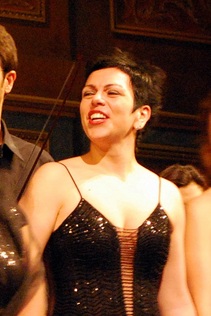



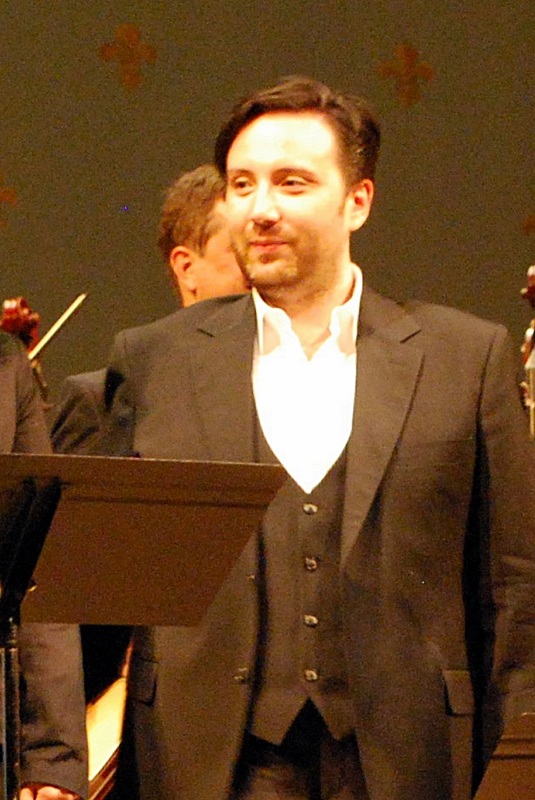
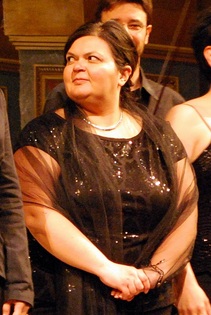
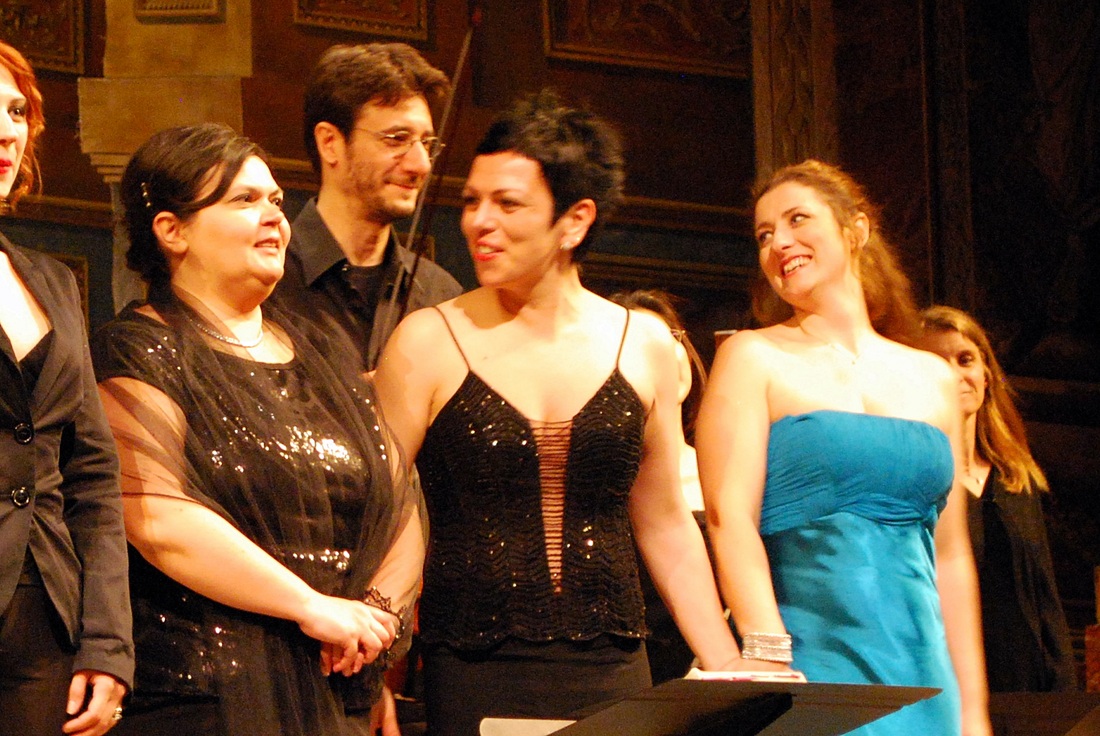
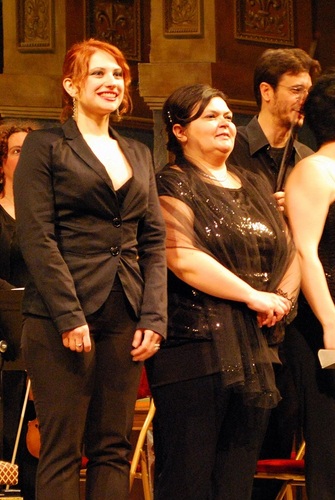
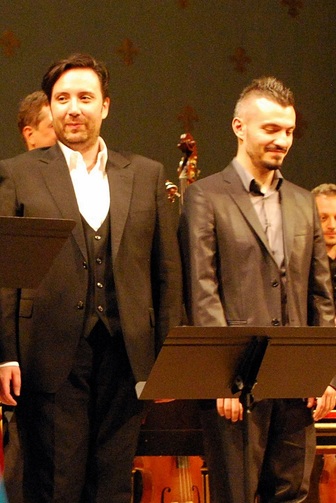
 RSS Feed
RSS Feed

